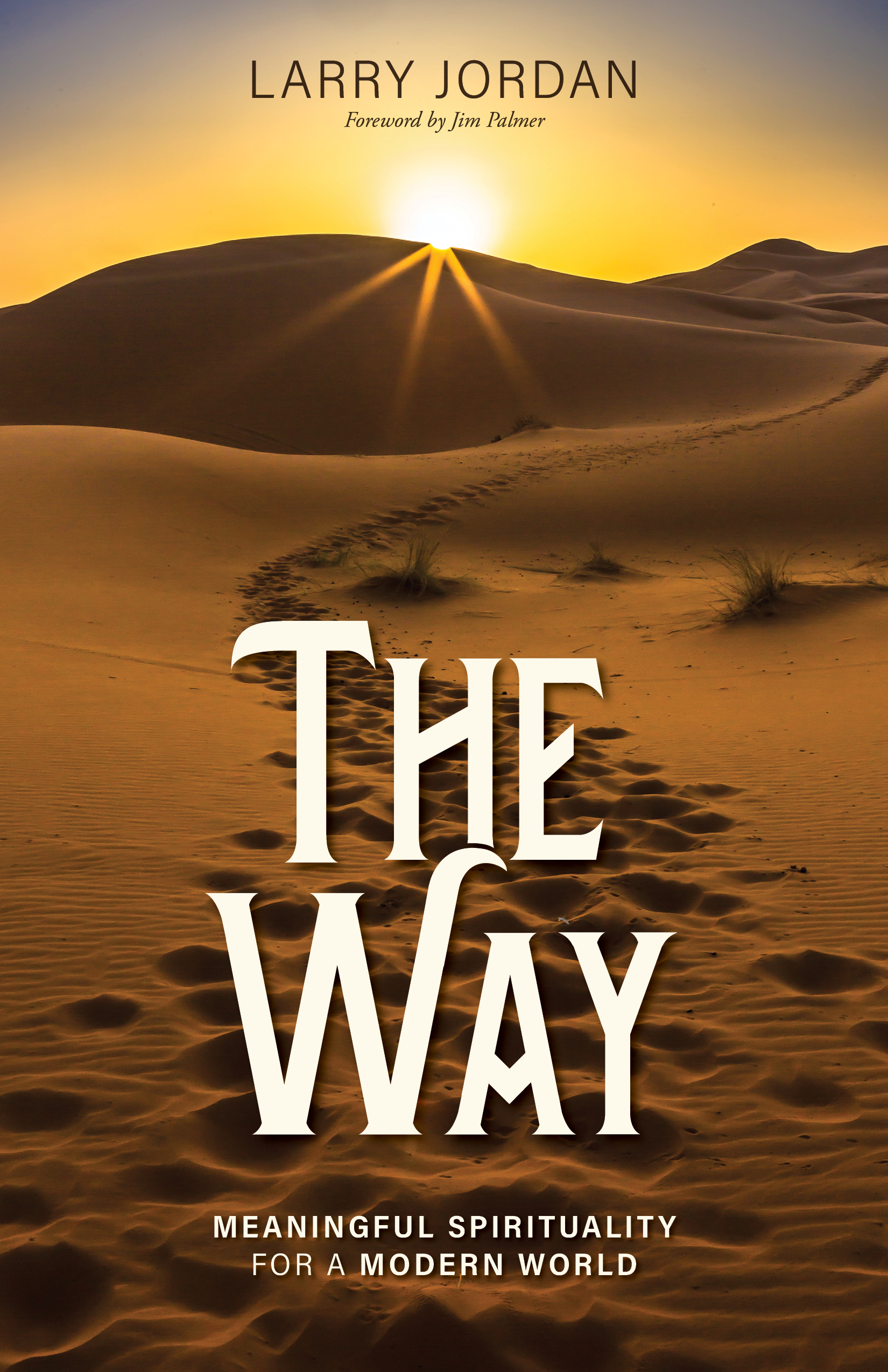Belief, Community, and Practice
In a few weeks, I will be speaking on "Belief, Community, and Practice" at our local Unitarian Universalist church. Since 2000, there has been a precipitous decline in church attendance, aggravated by the pandemic. Today, 60% of Americans never or seldom attend a religious service.
But that's just the tip of the iceberg. Church attendance might be much lower, since those who self-report church attendance often over-report church attendance.
There are several reasons for the decline in religious affiliation, including the secularization of society and the proliferation of information that makes it easier to challenge or explore different beliefs. There has also been a growing emphasis on individualism and an increasing amount of scandals.
If you talk to people who left church, the truth (that is only alluded to in the last paragraph) is that fewer people believe in supernatural events, such as talking snakes, global floods, virgin birth, and bodily resurrection, and speculative doctrines, such as inerrant scriptures or infallible leaders.
At the same time, more people reject the traditional views of gay marriage, patriarchy, and white supremacy (long championed by conservative churches) for moral reasons, despite how their leaders interpret their scriptures. When the church loses the moral high ground, the game is over.
Since I finished my book, I started seeking out people who left their churches, and I was surprised at the level of anger that I encountered. Often, I will ask, "Are you still angry?" Surprisingly, everyone knows why I ask, and no one replies," No, of course not. Why would I be angry?"
Many people who "left their churches" believe that "their churches left them." They stayed in the pews as long as they could, and when they could no longer accept beliefs that they considered immoral or unreasonable or participate in spiritual practices that they considered meaningless or sterile, they left.
Some people who left their churches were shunned by their former "friends." They discovered that their "friends" were really "church associates," in the same way that some of the "friends" that I used to work with were really business associates. Some church folks are friendly, until they are not.
I suspect that the ticket out of religion is a one-way ticket. Generally, angry people will not come back (or else, they will come back angry, which is worse.)
Without church, where will people develop beliefs, establish community, and find spiritual practice?

